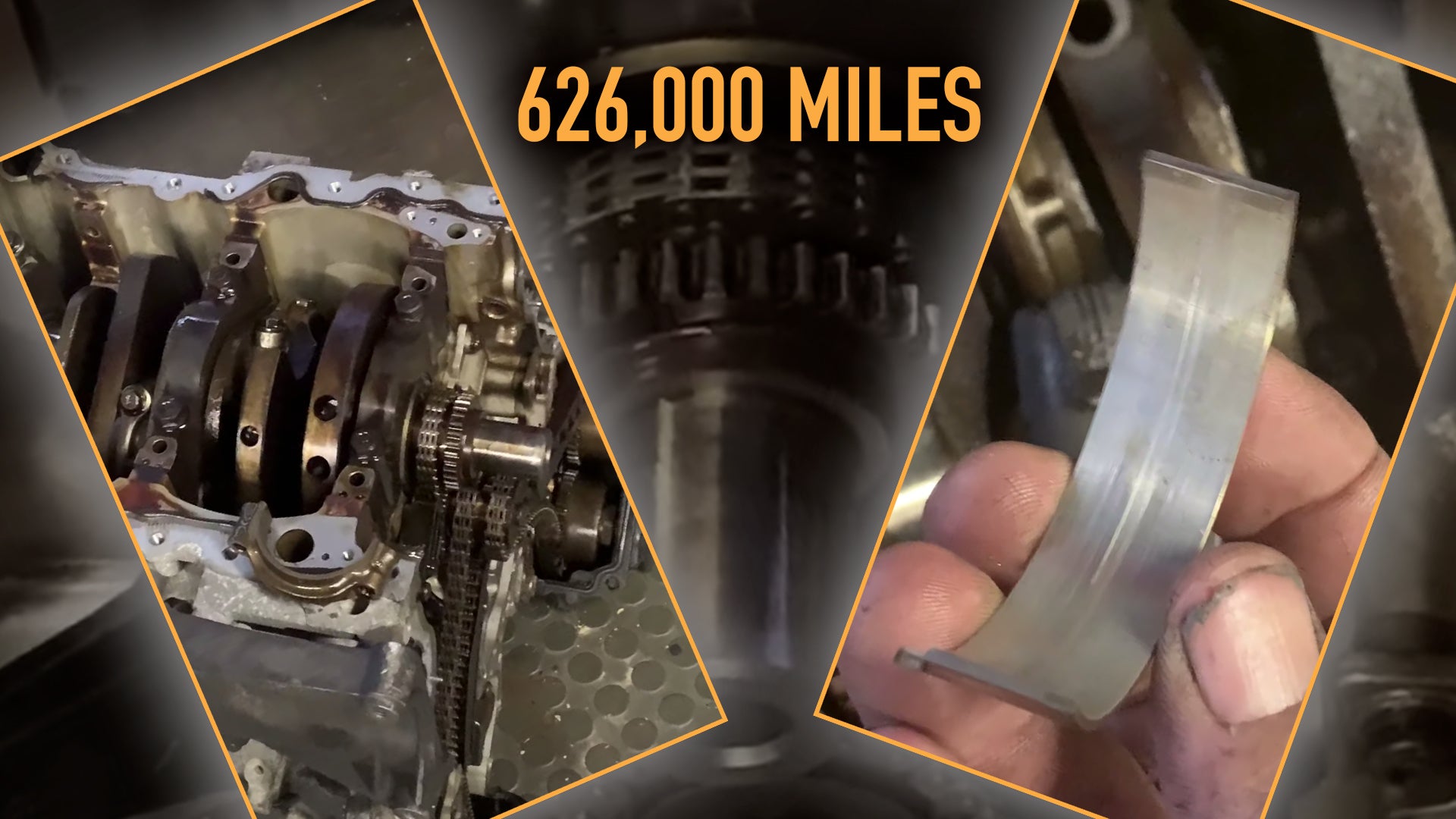"It found that brakes and tires on EVs release 1,850 times more particle pollution compared to modern tailpipes"
That's the foregone conclusion of the study. That brakes and tires, per mile, add 1,850 times as many particulates to the environment as the exhaust pipe of a gasoline car.
It's doing the same thing, though.
It's acting like gasoline cars don't have brakes or tires.
Diving deeper, the "study" is by a company called "Emissions Analytics". The CEO and founder is a man whose degree from Oxford is in business with a focus in corporate consulting. They are a privately-owned for-profit company that doesn't have to publicly disclose their funding sources. So interesting ground for conflict of interest, but that doesn't mean the actual
method of the study is fla... Oh. It's flawed.
"Emission Analytics found that tire wear emissions with about 1,100 pounds of battery weight in an EV are more than 400 times as great as direct exhaust particulate emissions. Most EV batteries weigh around 1,800 pounds."
Okay. Where's the comparison to tire wear in gasoline vehicles? "Because EVs are on average 30% heavier, brakes and tires on the battery-powered cars wear out faster than on standard cars." I mean, hey. That's testable.
Again, brakes aren't a contributor.
Here is a manufacturer of brake pads pointing out that brakes on EVs last about two to four times as long as their combustion counterparts. The study data estimates that since EVs weigh 30-50% more than non-EVs, that a "conservative" estimate is that they go through brakes twice as fast. Putting it to real numbers, a standard sedan is going to average about 30,000 miles on a set of brake pads. A Tesla Model S that weighs 30% more than a Camry is seeing its brake pads last upward of 100,000 miles in real-world driving. The study claims they are only lasting 15,000 miles because hypothetically the car weighs more.
So maybe tire rubber?
Maybe. The next assumption made is the wrong one too and breaks the data. "As heavy cars drive on
light-duty tires — most often made with synthetic rubber made from crude oil and other fillers and additives — they deteriorate and release harmful chemicals into the air, according to Emission Analytics."
I underlined the issue here. Heavy cars aren't driving on light-duty tires. They're getting tires with higher speed ratings, made from harder rubber, that degrades less,
because they're heavier.
When you get into the data on it, it's very simply the company making an assumption (not using any actual data) that the 30% heavier car will go through the tire about 2.5 times as fast because it creates more heat. (I'm not going to get too deep into the math on kinetic energy, but let's be clear that energy is linear to weight, so a car 30% heavier can't be expending 100% more energy.)
Well, what do we see from actual real-world data? KBB actually tracks this to a degree, as does CarFax in better depth. What they're seeing from vehicle maintenance history is that entry-level (not performance trims, or else we have to compare to sports cars and nobody wants to do that) Teslas are getting about 40,000 miles from a set of tires, while a Camry is getting about 45,000. 5,000 miles shy of 45,000 miles is 11%. The tires wear out 11% faster, despite the weight being 30% higher, because they're using different tires on heavier cars.
"As heavy cars drive on light-duty tires"
These aren't "assumptions" being used in a study. It's raw data. Data that was accessible for the study, and decided against. It's intentionally lying because there's a profit motive to do so.
The study itself is bad. But it didn't get accelerated into the spotlight until an op-ed in the Wall Street Journal by Michael Buschbacher and Taylor Myers. I'm sure they have nothing to...
Yeah, it's predictable. Buschbacher is a member contributor to the Federalist Society, and through his legal firm represents Shell and Chevron, also being a paid public speaker and registering as a lobbyist in Congress on the facet of reducing fines for petrochemical spills into public waterways. His job is to make people scared to switch from gasoline. Taylor Myers, for all intents and purposes, doesn't exist. The only citation on this person on the internet is
this article. No LinkedIn match to relevant policy, no mention from Michael as to who the contributor was or what their background is. Just... a person.
The New York Post journalist who wrote the article you linked to boosting this story? Her most recent contribution was an article arguing that Medicare should not be able to negotiate with pharmaceutical companies for drug prices; they should just owe the shelf price. Prior to the New York Post, she was with the Daily Mail. Not really the bastions of truthful journalism one may hope for in a career.
My point is this:
You can do the math yourself. It isn't actually hard. When you get a bunch of people lining up and telling you that the new technology uses materials that are bad so it shouldn't be adopted, check and see if the old technology
also does those things. 95% of the time, it does.

www.thedrive.com



